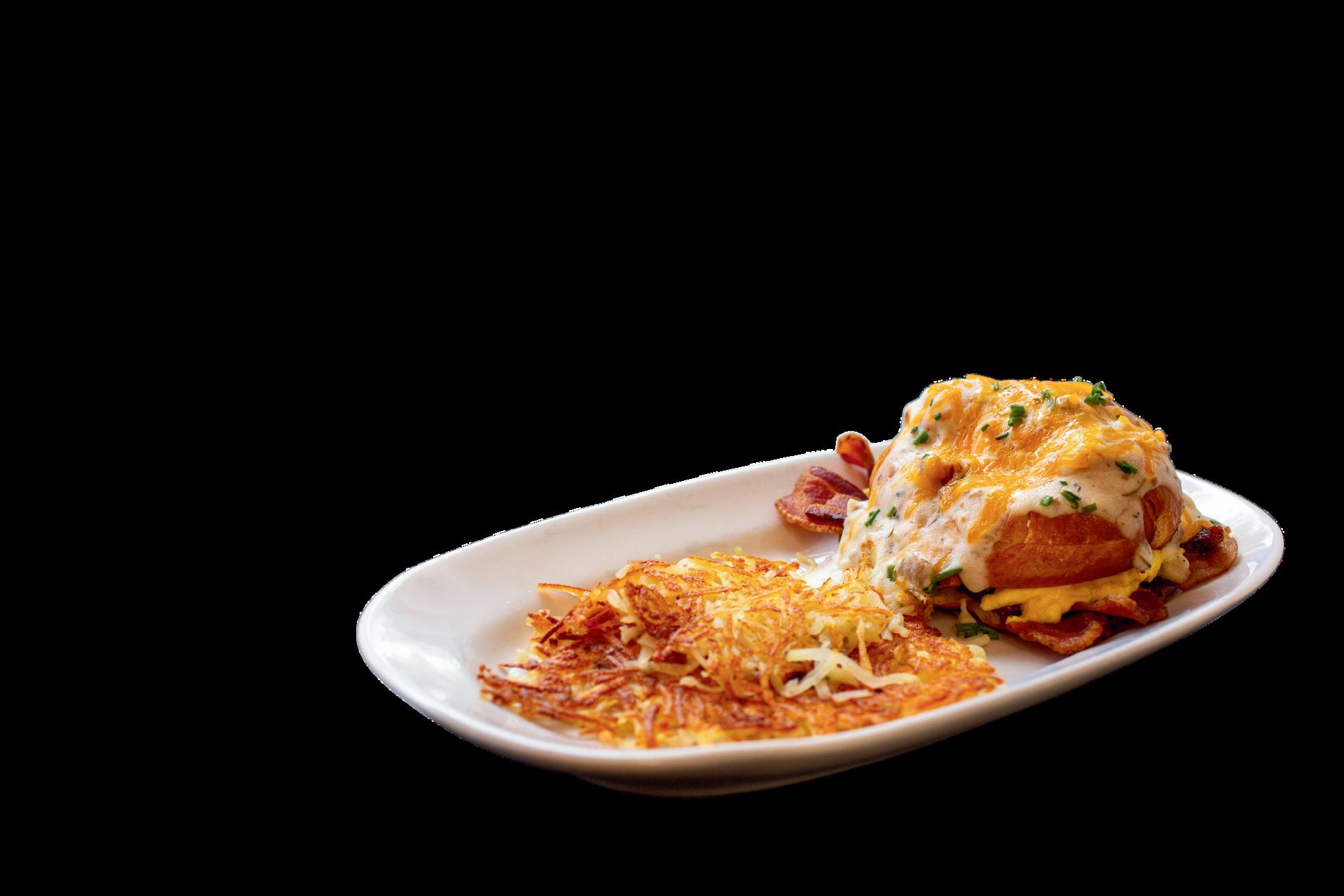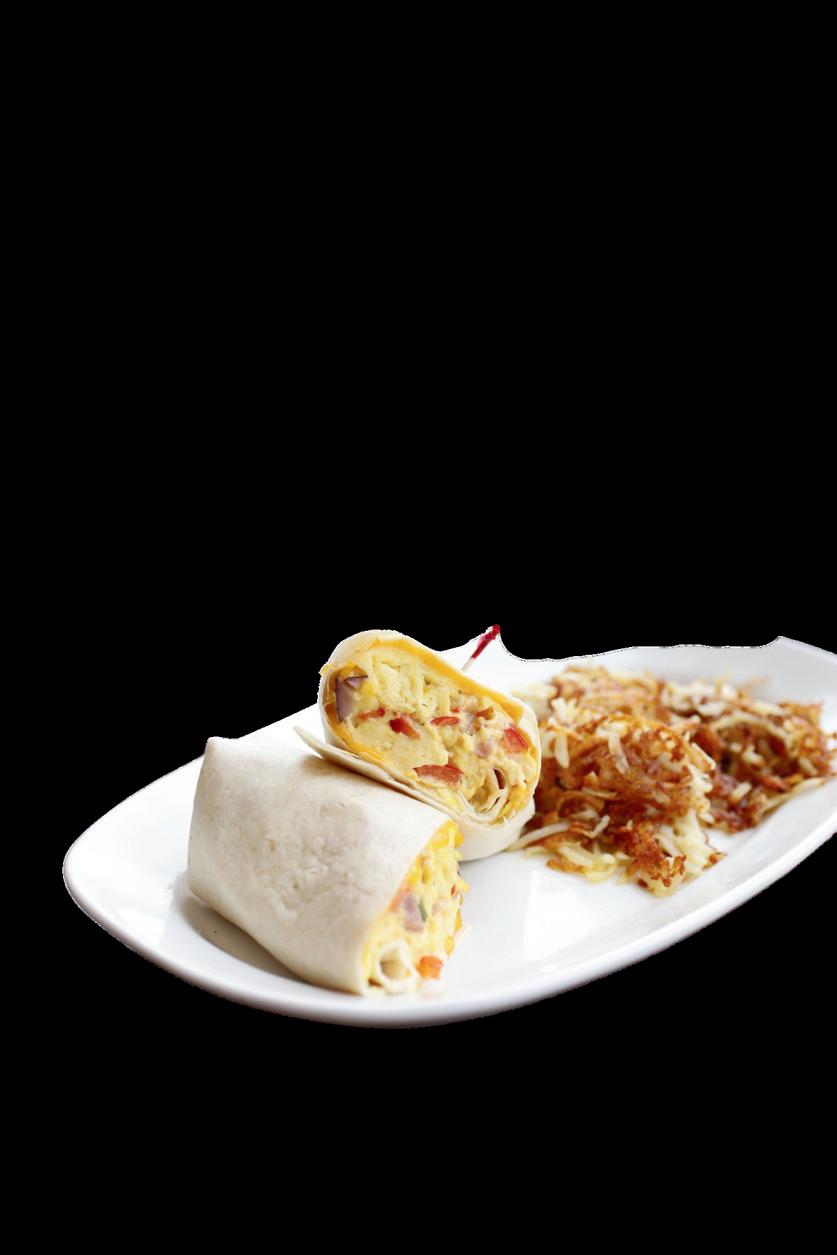
THURTENE CANCELED
Fights cause carnival to close early. (News, pg 3)

LISTEN TO NATIVE VOICES
Indigenous students call for Native American and Indigenous representation. (Forum, pg 4)



THURTENE CANCELED
Fights cause carnival to close early. (News, pg 3)

LISTEN TO NATIVE VOICES
Indigenous students call for Native American and Indigenous representation. (Forum, pg 4)

Washington University’s Spring WILD (Walk In, Lay Down) attendance has been capped at 3,000 for undergraduates, following an announcement that it will be held in the Athletic Center’s Fieldhouse.
WashU’s Social Programming Board (SPB) announced that WILD attendance would be capped via email on April 24. Students have reported that lines for wristbands, which are required for attendance, vary wildly in size and are moving slowly for some grades.
For this spring’s WILD, there are 1,000 wristbands reserved for seniors, 1,000 reserved for juniors, 500 reserved for sophomores, and 500 reserved for first-years. Upperclassmen were given more wristbands with the hopes that they would have a better chance of attending the event. Juniors reported short lines due to the number of their peers studying abroad, while the lines for first-years and sophomores were significantly longer.
“After conversations with our campus partners, the capacity for the venue is a maximum of 3,000 students,” SPB’s email says. “This is a considerably lower number of attendees than we plan for when WILD is held outdoors. In order to ensure the safety of the event given the size of the venue, we need to closely regulate attendance.”
SPB Concerts Director, Ruby Cover, said in a separate interview with Student Life that the capacity change was not a decision that came from SPB.
Students will also be required to get a wristband before WILD, while in previous years, wristbands were given out at the door. Seniors

can pick up their wristbands in McMillan Cafe, juniors in the Fun Room inside the Danforth University Center (DUC), sophomores in Millstone Lounge within the DUC, and first-years on Mudd Field. Pickup took place from 10 a.m. to 4 p.m. on Wednesday and will be the same on Thursday.
In a previous email sent to the student body on April 17, Cover wrote that WILD will happen regardless of weather, except in the case of thunderstorms.
“WILD is a rain or shine event providing there is no danger from thunder/lightning or larger weather events,” the email reads.
Sophomore Christine Jung said she views potential equity issues with the wristband distribution and was frustrated with how it’s being handled.
“I’m really pissed. If you
have a Sam Fox class or a studio, it’s basically impossible to get a wristband,” Jung said. “You’d have to go all the way across campus at 10 a.m. and miss class.”
Some students, such as senior Yuliana Hernandez Gonzalez, had to skip class to get a wristband before they ran out. She was also displeased with the event being capped.
“It’s definitely disappointing given that it’s our last year, but I’m happy that they’re at least trying to keep the event going,” Gonzalez said. “I felt a little bit stressed to come here in the morning.”
Sophomore Maddix Cradlebaugh was similarly frustrated with how the wristbands were being handled after the sophomore class ran out of wristbands on Wednesday.
“It’s a lot of bullsh*t,”
Cradlebaugh said. “We’re paying all this tuition [that goes towards WILD] and can’t even benefit from it.”
Along with the number of undergraduate students being capped, graduate students will no longer be allowed to attend WILD despite SPB previously announcing that 500 would be able to attend. Historically, graduate students have not been able to attend WILD.
Night at the Pageant (NAP), SPB’s rebranded WILD in fall of 2023, had a cap of 2,000 undergraduate students with 500 spots reserved for seniors, and tickets were distributed on a lottery basis. Spring WILD of 2023, held on Mudd Field and headlined by rapper Flo Milli, did not have a cap on undergraduates.
a Zionist state” and “Genocide.”
Concert etiquette for a fun Wild experience. (Scene, pg 8)
The 2017-18 women’s basketball freshman class had eight members on the roster. By their junior year, two years later, only one member of that class remained.
The team has struggled with retention, with 21 players departing earlier than their senior year over the last seven years. Their retention rate — meaning the number of firstyears, sophomores, and juniors who return to the team — has been at 72% year-to-year since former head coach Nancy Fahey left the program in 2017. In comparison, the men’s program has retained 81% of players over the same time period.
The players who have left the team in the past seven years come from a wide range of backgrounds and skill levels. Their reasons for departure have also varied. Some student-athletes felt that their priorities had shifted after their freshman year. Others were dissuaded because of COVID-19. For many players, their experience on the team radically changed their relationship with the sport that they once loved.
“When I quit, I remember being in the locker room, just being like, ‘I hate basketball. Basketball is making me miserable.’ I couldn’t look at a basketball without sobbing,” Grace said.
As part of a pro-Palestine demonstration led by around 50 Washington University community members and St. Louis residents, a group of protestors set up an encampment that was shut down by the WashU Police Department (WUPD), April 20.
The protest took place during WashU’s annual Alumni Weekend on the Brookings steps and lawn. Multiple alumni participated in the demonstration, while others approached the protestors and condemned their efforts.
At 11:30 a.m., the protestors gathered for an art build to make signs with various pro-Palestine messages, including “Alums say divest from Boeing” and “Defund the war machine.” Two hours later, they formed a semicircle at the top of the Brookings steps to begin their rally, during which seven individuals gave speeches calling for WashU to divest from Boeing.
Anjali Vishwanath, class of 2019 and current Columbia University graduate student, gave the first speech at the rally and shared her perspective about the months of tense discourse on college campuses surrounding the Israel-Hamas war.
“After months of targeted repression of pro-Palestinian and anti-Zionist speech, [and] university refusal to divest from companies that are actively contributing to genocide...we have reached a boiling point,” Vishwanath said. “We are seeing students all over the country mobilizing.”
Vishwanath told the audience that she had been arrested and suspended from Columbia just days earlier for participating in the “Gaza Solidarity Encampment” on the school’s campus. “It has been an honor to be arrested and suspended for Palestine,” she said.
In her speech, Vishwanath said that she is not proud to be a WashU alumnus.
“To my alma mater, Washington University in St. Louis, shame on you,” she said. She also commended the students who participated in the pro-Palestine protest that disrupted Admitted Students’ Day on April 13.
“I am so proud of the students who disrupted the event at Graham Chapel,” she said. “For continuing down this path, for standing up for basic human rights, demanding divestment, and showing solidarity with Palestine.”
Junior Andrew De Las Alas spoke at the rally about the importance of university divestment from Boeing.
“We have a special responsibility to resist [this] genocide because it is being armed in our own backyards,” De Las Alas said. “Twenty minutes from us, a factory is making bombs that will be dropped on children…we call for an end to death, an end to violence, and an end to our role in it.”
De Las Alas also questioned the intentions of WashU’s “In St. Louis for St. Louis” initiative, which aims to use the school’s resources to benefit the St. Louis community.
“Chancellor Martin told us that ‘The community and the university grow together,’” De Las Alas said. “But who is the community that our Chancellor wants to serve? Look at the Boeing Center inside the business school…look at who [the University] continues to protect.”
Towards the end of the rally, Tobie Soumekh, a graduate from the class of 2019, walked into the middle of the protest. Soumekh interrupted a chant to communicate her experiences as a Jewish-Iranian woman.
“I am the daughter of an Iranian-Jewish man whose family was killed in Iran for being Jewish,” Soumekh said. “I want you to be sensitive toward everybody’s stories and where everybody comes from, because there is a reason Israel exists.”
Soumekh was then interrupted by protestors chanting “Israel is
As three protestors approached Soumekh and talked to her, she began to look visibly upset and walked toward her friends who were waiting nearby.
Soumekh told Student Life that the individuals who came up to speak to her said that she was wrong.
“They said I’m Jewish and ‘As a Jew, you’re wrong.’ They said I was lying,” Soumekh said.
Soumekh said that she was on campus for her five-year reunion and did not know the demonstration was taking place. Upon seeing the protestors, she felt compelled to speak based on her personal experiences.
“My Jewish identity is incredibly close to my heart because of the people [who] are the reason why I’m here today,” Soumekh said. “My ancestors and my family were targeted for their identity.”
Soumekh said that during her time at WashU, she felt safe to openly express her Jewish identity. She was disheartened to hear that Jewish organizations on campus, specifically Chabad, now have security concerns due to their Jewish affiliations. She said this speaks to a resurgence of antisemitic sentiments that has happened since the start of the Israel-Hamas war.
Another struggled with unclear boundaries through the walk-on process, never granted a roster seat to begin with but struggling through months of pre-season practice feeling like she was “being strung along…and then just discarded,” she said. When she went to the athletic department to express her concerns, she left feeling “disposable” and dissuaded.
Student Life talked to five former members of the team from four different grades. They all requested anonymity out of concern for their on-campus relationships with their former teammates, so all names in this piece are pseudonyms.
The toll of the commitment to the basketball team left the players wondering if their sacrifices were worth it. Some of them had a final straw — a humbling punishment where they had to bear-crawl across the weight-room floor, or a coaching staff conversation that the team overheard tearing apart the personal character of one specific player. Others were forced away because of repeated injuries.
Multiple players were also troubled by what they described as differential treatment from the coaching staff, which frequently created a divided locker room. Head coach Randi Henderson did not respond to a request for comment about the concerns.
“I was really sad seeing great players penalized and demoralized to the point of breakdowns, like in the locker room. Girls would just be crying in their locker because of what Randi said to them,” a former player said.
the semester.”
The students said that they believed the suspensions were an unreasonable disciplinary action from the University.
Three Washington University students have been suspended by administration after participating in a pro-Palestine protest that disrupted a Bear Day event for admitted students on April 13.
Junior Maclean Kelley, senior RJ Lucas, and senior Daniel Cazares were notified on the evening of the protest that they were temporarily suspended for violating the University Student Conduct Code in a letter from Dean of Students, Rob Wild.
Per the terms of their suspension, the three students are not allowed on WashU’s campus or University owned property, including all on and off-campus residence halls, and are not allowed to participate in their courses or extracurricular activities until the suspension is resolved through student conduct hearing.
If the students are found to be in violation of these terms, Wild wrote that they would be physically removed from campus and arrested by the WashU Police Department (WUPD).
In a separate email exchange with Kelley, Wild wrote that it was “highly unlikely that a hearing would take place prior to the end of
“We did [this protest] because we want to speak up for something that we believe is right,” Lucas said. “Maybe that warrants a conversation, but a suspension is an intimidation tactic.”
Cazares added that the suspensions are an attempt to crack down on student speech.
“It’s only designed to incite fear and intimidation of students and student activism on campus,” Cazares said. “Just trying to keep this culture of silence, which as demonstrated by arrests and suspensions, is a culture of violence and complicity.”
Cazares said that he got the impression from the email notifying him of his suspension that the University intends to expel the three suspended students, though the email did not explicitly mention expulsion.
“It seems like they’re pretty intent on fully kicking us out,” he said. “It seems like they’re doing everything in their power to secure that end.”
In a separate email exchange with Wild, he told Kelley that due to their repeated offenses, the “University will likely be asking [the] board to consider
[Kelley’s] expulsion from the University.”
A student conduct case for Kelley was also held after participating in a protest in January calling on WashU to fire Professor Philip Dybvig, who has seven allegations of sexual misconduct against him.
As a result of that case, Kelley said they were placed on warning and had to write an essay explaining why their conduct was wrong.
The University Student Conduct Code defines being on warning as “notice of a finding that it is more likely than not that an offense has been committed and that continuation or repetition of such violation within a specified time period will result in more severe sanctions.”
In an email exchange with Wild in regards to the current suspension, Kelley asked if it would be possible to attend an on-campus final show for one of their classes. Wild wrote back and said that Kelley’s behavior has shown potential for threat, so they are not allowed to come onto campus.
Read the rest online:
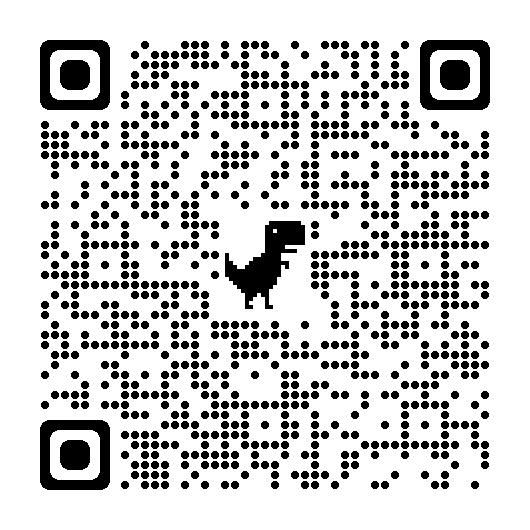

from page 1
When asked if SPB would be able to use infrastructure developed in planning a similar indoor event like NAP to indoor WILD, Cover said they would not be able to.
“The Pageant is prepared to hold concerts, and we started planning for NAP over the summer,” Cover said. “We started planning for WILD in late October. That means our planning timeframe went from six months to three and a half days. Critical thinking skills and a dream are what we’re applying to planning indoor WILD.”
SPB announced on Monday, April 23 that rapper Joey Bada$$ would headline the event, with doors opening at 6 p.m. on Friday, April 26. The opening acts include WashU student band NonEuclidean Geometry, singer Iyaz, and pop rock band THEM.
Senior Sylvie Raymond said she was frustrated that the school tradition was regularly being altered.
“We don’t have a lot of traditions as a school,” Raymond said. “I mostly feel bad for the freshmen and sophomores, though. I feel they’re more jazzed up about WILD.”
On April 24, Vice Chancellor for Student Affairs Anna “Dr. G” Gonzalez announced via email that undergraduate
from page 1
“I was proud of my family’s story of escaping [persecution], and now we’re living that all over again,” Soumekh said.
As the speeches came to an end, the protestors began setting up tents on the grassy area at the top of the Brookings stairs around 3 p.m. They also organized containers of food, bottles of water, and other supplies in preparation for spending the night.
A St. Louis resident unaffiliated with WashU, who wished to stay anonymous, explained the purpose of the protestors’ planned encampment to Student Life.
“When you go to a rally or protest, there’s usually a finite ending point,” they said. “So [the encampment] is a different way to be together, a place where community members can come through, support, bring food, and we can have music. We’re going to have programming here where we teach and learn from each other.”
Soon after the tents were set up, WUPD Sergeant Zohaib Khan read a prepared statement around 3:20 pm ordering the protestors to vacate the premises.
“I hereby declare that this is an unlawful assembly and command all those assembled at Brookings steps to immediately disperse,” Khan said through a megaphone. “If you do not do so, you may be arrested or subject to other police action, which could include the use of force, which may inflict pain or result in serious injury. If you remain in the area, as I just described, regardless of your purpose, you will be in violation of the law.”
students would have the option to go to a “Party on the 40” held on the South 40 at the same time as WILD. The party will be open to all WashU students with ID and will feature food, 200 free shirts, and a silent disco.
Senior Spencer Kates, who plays guitar for NonEuclidean Geometry, said that the band is unsure what the event will look like.
“We are still super excited to play,” Kates said. “We’ve got some new music we’re debuting at this show, so we’re just happy we still have this opportunity. We don’t really know what the event is gonna look like yet, but SPB has let us know they’re working hard on adjusting the plans for the event inside.”
In light of security concerns at other college campuses nationally due to protests stemming from the Israel-Hamas conflict, Student Life emailed Gonzalez, asking whether the current campus climate in regard to recent protests shaped her decision at all.
Gonzalez sent the initial email informing students that the event would be held indoors.
“The letter I sent outlines the reasons why WILD was moved indoors. It really was a tough decision for us to make,” Gonzalez said in her email
to Student Life. “Our goal is to make sure that you are all safe while having fun.” When asked about logistical elements of WILD, such as vendors, Cover said SPB is grateful for their support.
“It’s a logistical nightmare, but thankfully, we have an incredible campus life advisor and super amenable campus partners who are working to ensure this event happens,” Cover said. “Vendors have also been super flexible and understanding.”
She also said that it has been difficult for SPB to see negative feedback from the student body given that they had no power over the decision.
“I feel a little hurt that I can’t say the same about the student body,” Cover said. “We see things on Sidechat, and it’s hard not to internalize that. So many of the elements that students are upset about, such as contract timeline, weather, and capacity, are completely out of SPB’s control. A bit of grace would be appreciated from students.”
On April 24, Student Life reached out to Emergency Management for comment on the 3,000-person cap and received no comment by the time of publication.

The protestors responded to WUPD’s orders by moving their tents and supplies to the lower Brookings lawn. Approximately 20 minutes later, Richmond County Police and St. Louis Metro Police transport units arrived and parked on the south side of Brookings. Around six police cars, including one from the Clayton Police Department, were also present at the scene. The police backed transport vehicles close to the protest area and arranged themselves in a line directly facing the roughly 25 remaining protestors. Additional officers gathered at the top of the Brookings stairs with their bikes.
WUPD Chief of Police Angela Coonce asked nearby spectators to leave the area, saying that officers would not be able to tell who was affiliated with the event and who wasn’t.
Kirk Dougher, Associate Vice Chancellor for Student Support and Wellbeing, went to speak with the protest participants. Khan then made a second statement at 4:00 p.m. through a bullhorn asking for the protestors to remove their tents and vacate the premises.
Julie Flory, Vice Chancellor for Marketing and Communications, later told Student Life via email that the tents were not authorized by WashU event guidelines and that the protestors’ refusal to disperse violated the Demonstrations and Disruption policy.
“We asked them multiple times to take the tents down and leave, and they refused,” Flory said. “The Demonstrations and Disruption policy prohibits ‘refusing to leave a building or space that has been declared closed or upon request of a proper authority,’ so we told them they had to leave if they didn’t want to be arrested.”
After WUPD made the second statement, the protestors huddled together before dispersing from Brookings. Before they left, roughly an hour after the encampment began, one protester said, “We will leave, but protests will continue.”
Flory told Student Life about how the University plans to address potential future protests on campus.
“We will continue to allow gatherings that follow University policies and [...] shut down those that don’t,” Flory said.
Around 30 students stood outside the Office of Student Conduct and Community Standards to express support for senior RJ Lucas, who was suspended from Washington University following the pro-Palestine Bear Day protest. The students demonstrated while Lucas was meeting with the student conduct board around 2:45 p.m., April 17.
Lucas was one of three WashU students suspended from campus following the pro-Palestine, anti-Boeing protest on April 13. In addition to expressing support for Lucas, multiple students condemned the email statement released by Chancellor Martin earlier that day. Thirty minutes after the students began demonstrating, administrators said they had to leave the area outside the Office of Student Conduct on the South 40 and go to Mudd Field in accordance with the University’s Demonstrations and Disruption Policy.
Junior Max Franks said that silencing protesters is in direct contrast with University ideals.
“This University claims to be raising the next generation of leaders and world changers,” Franks said. “There is the WashU attitude that these are the people who are going to do influential things. Yet, our free speech is being curtailed, and people are being suspended for peaceful demonstration.” The students who received suspensions are barred from physically being on campus and attending classes. Franks highlighted what he views as irony in this decision.
“It feels very ironic that for a school that prides itself on morals and intellectuals that you’re getting in the way of your students’ ability to exhibit both what they believe in and to actually do their schoolwork,” Franks said.
Franks and other protestors had tape over their mouths and held up flyers for the duration of the event. Most flyers contained a quote from Chancellor Martin’s statement on “Free Speech and Responsibility” from November of this year.
“Expressions of concern, displays of support — and PROTEST — are all anticipated and should be
WELCOMED and PROTECTED on university campuses here and elsewhere,” the flyers read.
Bret Gustafson, a WashU professor of Sociocultural Anthropology who attended the student conduct meeting with Lucas, said that the suspensions are “outrageous” and represent the University’s attitude toward student activists.
“I saw the videos. I thought it was a pretty heroic statement by the students who are concerned about the ongoing genocide in Palestine,” Gustafson said. “I think [the University’s reaction] reveals that they are not really interested in defending students’ free speech rights.”
When asked, Gustafson declined to comment on what happened during the student conduct meeting.
Senior Bee, who asked to only be referred to by their first name for safety reasons, felt that the administrators’ decisions to suspend students were harsh.
“Just the fact that a student is being punished for speaking out against WashU goes entirely against my morals, and I [feel it’s] important to be here for them,” they said.
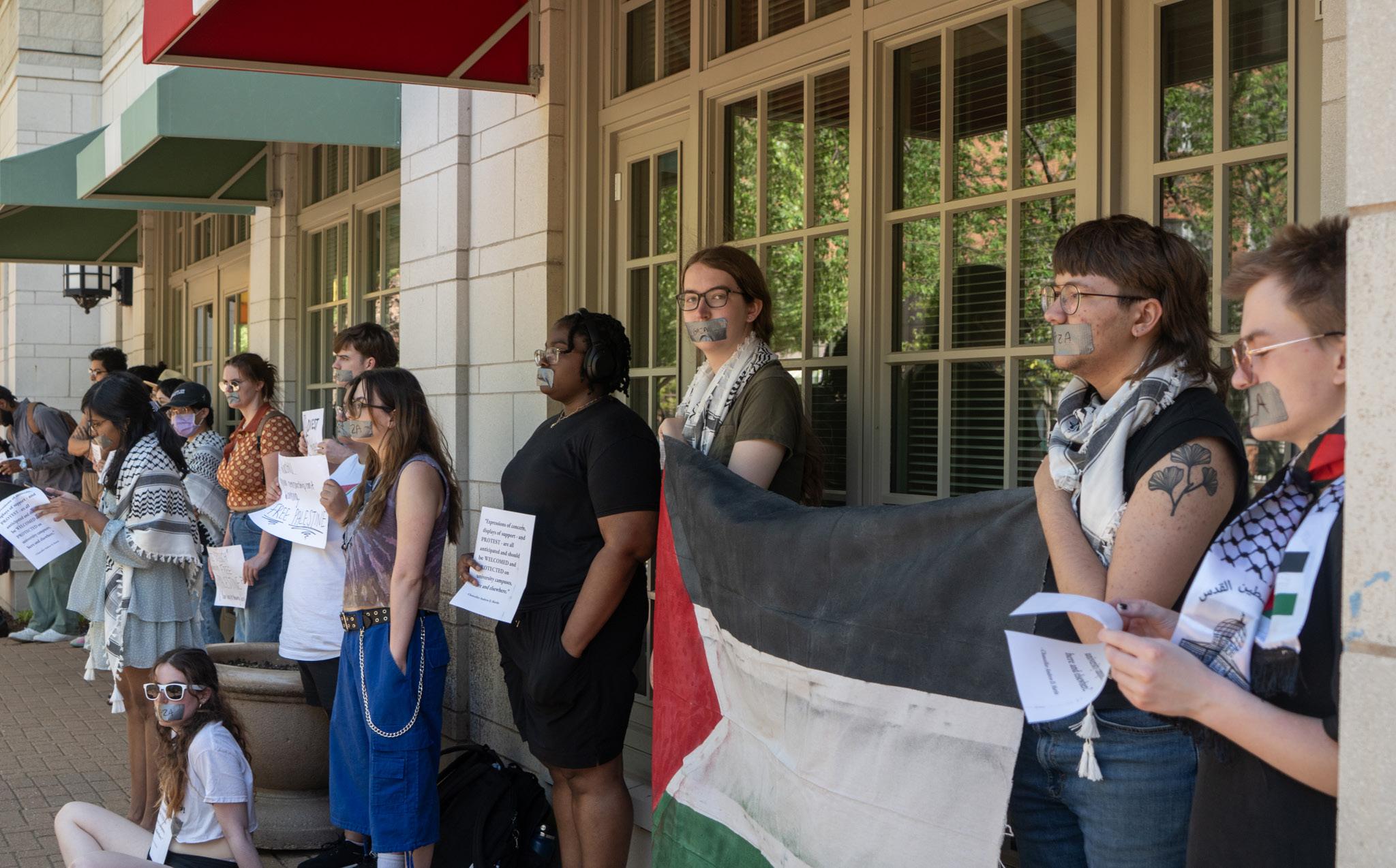
Additionally, they expressed anger over the email statement from Chancellor Martin which included a response to both the Bear Day protest and the “egging incident.”
“The idea that Andrew Martin thinks that those two in any way seem to be connected to each other [or] have the same level of disrespect or hatred behind them disgusts me,” Bee said.
Sophomore Eden Naureckas also spoke about the statement and said that she finds the University
recommendations following the suspensions to be hypocritical.
“Apparently they told the students they can’t continue their coursework, but then told the professors that if [they] can make arrangements [to finish] their coursework off campus, maybe that’s possible. But they’ve been intentionally elusive both to the students who are undergoing this and to the general student body.”
Despite having to move to Mudd Field per
administrators’ request, sophomore Sonal Churiwal said that organizers took measures to make sure that the demonstration was not perceived as a protest by administrators or other students.
Read the rest online:
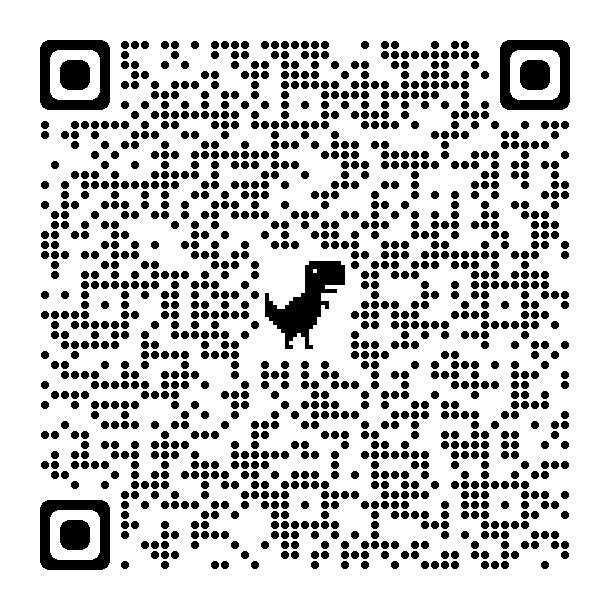
The final day of Washington University’s annual ThurtenE Carnival, Sunday, April 21, was canceled by the University administration due to crowd safety concerns after several fights broke out and the event was shut down at roughly 6:30pm on Saturday, April 20.
According to WashU admin and attendees, the
fight broke out between non-WashU students over a disagreement and sparked concerns over crowd safety. Despite ongoing rumors, there was no firearm flashed or shot as a result of these fights.
In an email to Student Life, Vice Chancellor for marketing and communications, Julie Flory confirmed that there were no firearms or shots fired at the carnival. She also said that WUPD made one arrest for trespassing and failure to comply.
A video circulating social
media shows a crowd of at least eight people surrounding one person lying on the ground with his arms around his head. In the video, the people standing are kicking and stomping on the person’s head, until two police officers break up the fight and drag away the person on the ground.
First-year Justin Krelitz said that he was working at the Alpha Iota Gamma booth selling lemonade when a series of fights broke out. Around the time of the first fight, he saw people running
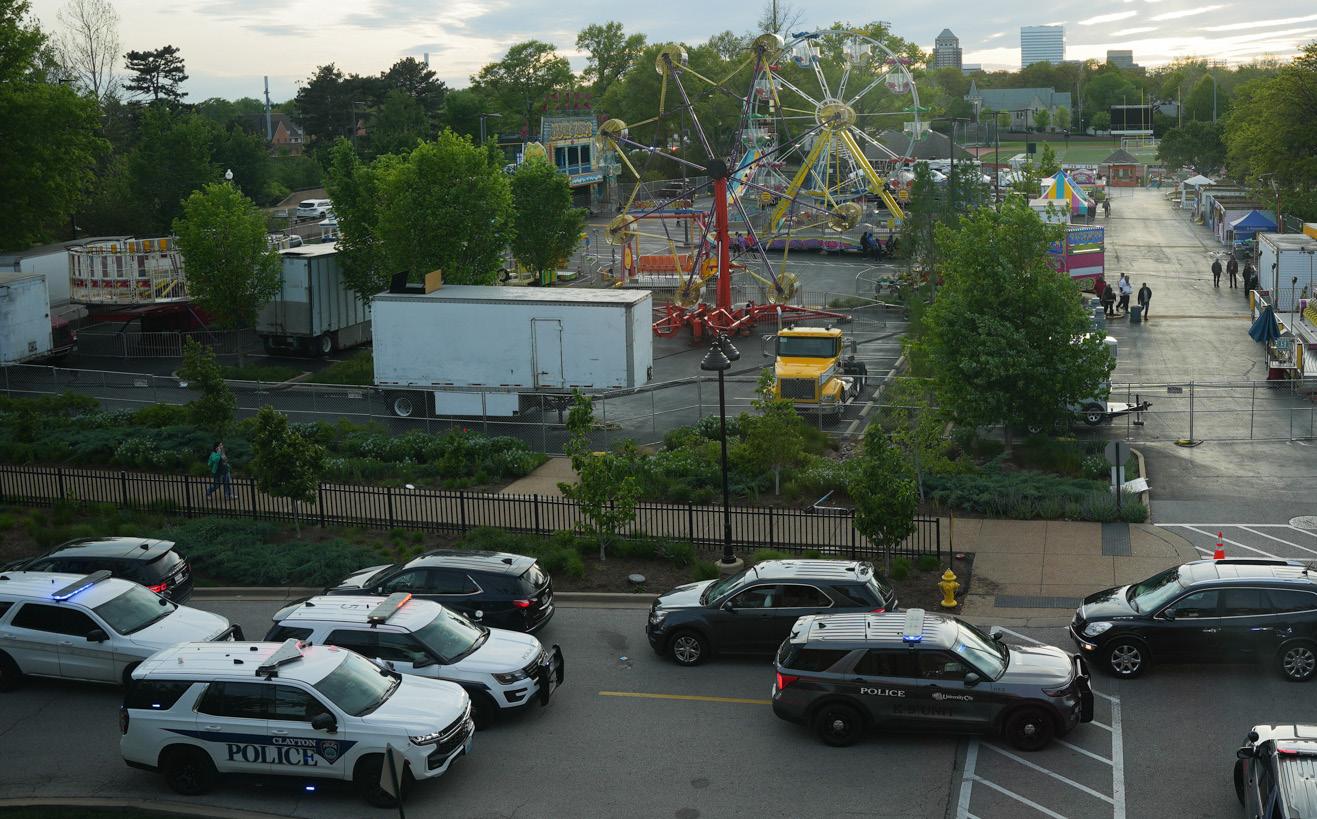
towards the exit and he was unsure what was happening.
“Some other people who were working at the booth before me brought up something about a fight [and I] didn’t think much of it,” Krelitz said. “30 minutes passed, and then someone came up to our booth and said, ‘You should go get a police officer because there’s going to be a fight.’”
Roughly 20 to 30 feet away from his booth, Krelitz saw a group of people huddled up with their phones out.
“All of a sudden, they just start fighting. It seemed like there were a lot of individuals involved in the fight,” Krelitz said. “Pretty soon after that, it got shut down, but then outside on the edge of the fence, there was another fight.”
Throughout the incident, he says that he didn’t feel that he was in danger, and he is planning to attend the carnival next year.
“It seems like it was mostly people from off campus having issues with each other,” he said. “I do think [attending] would be a little bit of a risky situation to put yourself in, but I wouldn’t feel super in danger.”
ThurtenE is the oldest,
largest student-run carnival in the nation and is held on campus each spring, featuring rides and booths hosted by student groups. The carnival was initially intended to be held from the evening of April 19 through April 21.
Juniors Matt Mande and Sachi Bhagwat, ThurtenE’s Public Relations and Marketing Officers, told Student Life, in an interview after the incident, that roughly 6,000 people came to the carnival on Friday and 9,000 attended on Saturday before the shutdown.
“We know that it’s a disappointment, because everyone that helped put this carnival together has worked super hard and done such great things,” Bhagwat said.
Mande also wanted to express thanks to the community partners who had booths at the event.
“We are also greally grateful to our community partners for showing up. We are really happy that we were able to expose their amazing organizations to both the WashU community and the larger St. Louis community over the course of Friday and Saturday,” Mande said.
Per the Source, Vice Chancellor for Student Affairs Dr. Anna “Dr. G”
Gonzalez said that administrators were disappointed to cut the carnival short.
“The safety of our community is always our highest priority and we felt it was necessary to take this step to prevent an unfortunate situation from becoming worse,” she said.
She also specifically addressed the potential financial losses that might affect student groups because they lost a day of business for their booths.
“We will work with them to make sure they recoup any losses incurred from this cancellation,” Gonzalez said.
Despite the early cancellation, Bhagwat and Mande hope students walk away with positive memories from the event.
“We want this carnival to be defined by how much work all the student groups put in and the incredible day and a half that we had,” she said.
Additional help on this article from Elizabeth Stump.
This article was updated on Tuesday, April 23rd to include a response from Vice Chancellor of Marketing and Communications Julie Flory.
Caption this! Enter this week’s contest
 MARISSA MATHIESON (DINÉ) TARYN DIXON (CHOCTAW/CHICKASAW)
MARISSA MATHIESON (DINÉ) TARYN DIXON (CHOCTAW/CHICKASAW)
Scan the QR code to enter your submission by 11:59 p.m. on Monday.
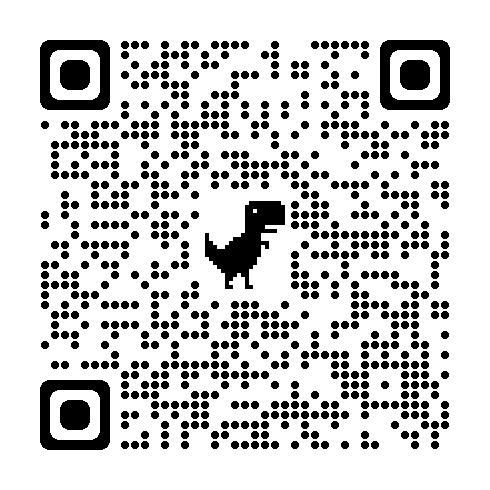

First place
Damn we playing tic tac toe with our minds right now?
Jillian Heth, Current WashU StudentSecond place C’mon, man. Gimme some skin. Mmm, yeah, unh. Yeah, that’s nice.
Dion Hines, Current WashU Student“It’s shocking how little representation there is at WashU. I’ve looked through [WashU’s courses], and I’ve looked at other schools — other schools definitely have more options. That’s embarrassing for WashU,” Kane Goggans, a Native junior studying Biology and Psychology, said in an interview with us.
The Native American representation at Washington University is not falling; it’s a failure. As of the Spring 2024 semester, the percentage of undergraduate students identifying as “American Indian” is an astounding 0.1 percent. Not only does WashU have a substantially low Native student population, it has no Native Studies Department. No Native Student Center. No Native student affinity group.
And while WashU claims to have Native support, the Buder Center for American Indian Studies is only accessible to graduate students in Social Work. To us, two Native American students at WashU, the message is clear: WashU does not want to support us.
“I thought that WashU
would definitely be more of an enlightening experience and somewhere that had Indigenous representation,” Goggans said. “I was quite shocked to figure out that there really wasn’t any. And I even reached out to the Buder Center and never got a response. I wanted to get involved in that and never heard anything from them.”
If the administration truly wanted an “inclusive” environment, they would address these issues head-on. To retain enrolled Native students like us, attract Native students, and promote our Native perspectives in the academy, the University must attend to three objectives: WashU must implement a cluster hire for Indigenous professors and faculty; it must create a Native American and Indigenous Studies Department with a major; and it must fund support systems for Native American Student Centers.
It’s time for WashU to step up.
As our University continues its implementation of the Here and Next initiative, which aims to “build an inclusive, equitable, respectful, ethically principled environment,” our campus is failing to invite and retain our community who has been on this land well before this institution was founded.
“A lot of the contributions that Native Studies can make are already there in the
strategic plans as goals of the University,” Paige McGinley, Associate Professor of Performing Arts and Director of the Program in American Culture Studies, said. “The University wants to be in and for St. Louis — what better way to be in and for St. Louis, than to attend to the deep history of this region?”
Hiring Indigneous experts across disciplines is the best way to ensure immediate and effective representation of our community. A cluster hire would introduce currently absent Native perspectives into different fields, and offer mentorship for us and other Native students. Without a cluster hire, a department, and increased representation of Native students and staff, WashU deliberately and intentionally sends a message that they do not care about us.
“I feel like I would hold more value to what a professor was teaching me if I was learning from an Indigenous professor about Indigenous things,” Goggans said. “Simply having representation of any culture is extremely important when we talk about creating a diverse and inclusive environment.”
Across the nation, peer institutions such as UChicago and NYU have announced the creation of Native American Indigenous Studies (NAIS) departments. Last October, Duke University’s student
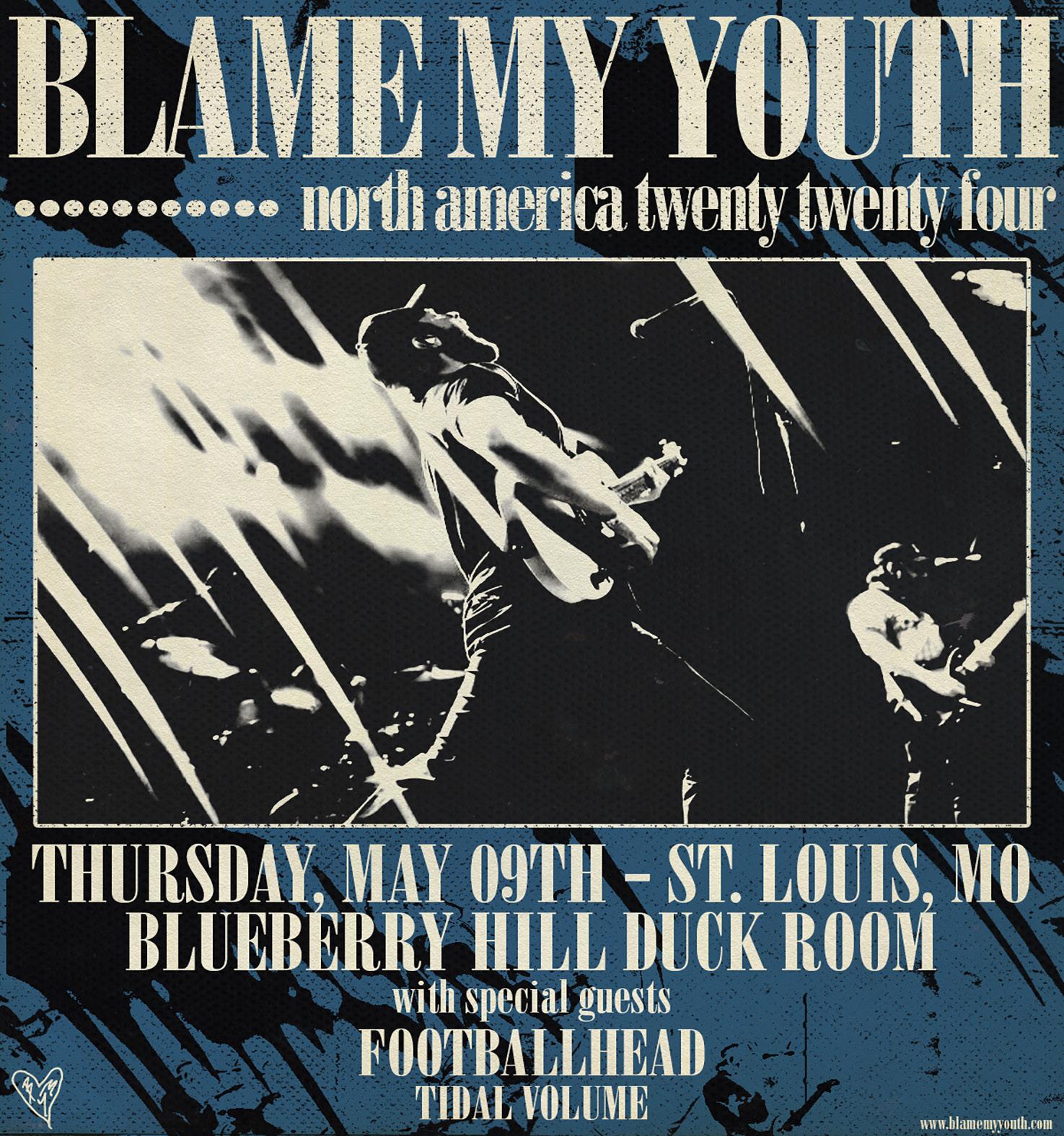
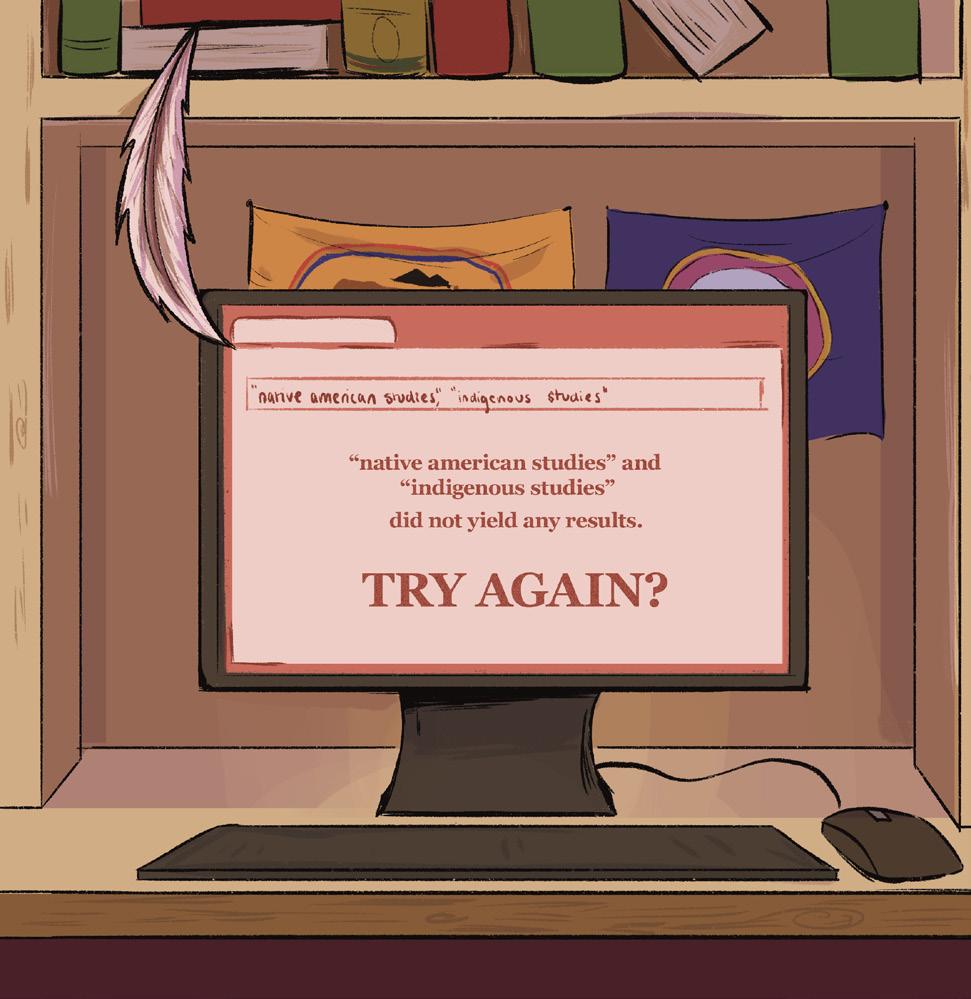
government passed a bill urging the creation of a Native Studies Department. The implementation of an NAIS program would therefore follow a nationwide pattern from peer universities that prioritize Native representation. The failure to implement an NAIS department not only shows WashU’s neglect of its Native students but also perpetuates its failure to meet the standards set by peer institutions.
“The other reason why cluster hires and departments are important is because they’re a demonstration of the University’s priorities. It’s a big investment. And it’s a way of saying ‘This matters to us.’ And that’s important,” McGinley said.
The reality of being a Native student on WashU’s campus is a daily confrontation with erasure and invisibility. With minimal classes, minimal resources, and minimal community, we feel stuck and unprioritized. These conditions are painfully surprising for a university so prideful in its supposed commitment to diversity and inclusion.
“[Not having Indigenous classes or professors] is a removal from culture. The impact that it has on non-Native students really heightens the stakes. While not being represented, non-Native people are just continuing to live in the myth of the Native forgotten,” Goggans said.
The University has a proven track record of responding to similar academic expansions, such as its Race & Ethnicity cluster hire that broadened scholarship across multiple disciplines. We urge the University to undertake a comparable initiative to
recruit Indigenous scholars.
As students, we believe our demands can result in actual change. WashU has established new departments and programs in direct response to student advocacy, with notable ones being the African and African-American Studies Department, created in response to student protest in 1968, and, more recently, the Asian American Studies minor.
“[The Asian American Studies] position was created because of the student-led kind of demand to create this,” Dr. Sabnam Ghosh, Lecturer in Asian American Studies said.
“The fact that there are no [Native] hires in these departments also demonstrates a lack of commitment towards these issues, towards these disciplines.”
Native American representation at WashU must urgently be addressed. If the University does not change, the percentage will fall even lower, and we will continue to feel unseen, unheard, and forgotten. But we are here to make our presence known and demand action.
“This region removed, relocated, and killed so many Native people who were here. It feels like there’s a special obligation to attend to that.
It’s my hope that the University can play a role in that,” McGinley said.
Native students like us deserve to be here. We deserve Native and Indigenous professors to teach and mentor us. We deserve a department to study critical Native Studies topics. We deserve a space to learn and grow and gather. We are here, we are WashU, and we deserve to be heard.
“Distasteful and disruptive” would be my description of someone shouting an innocuous joke in a quiet area of the library. Annoying and frustrating to be around, certainly, but likely not worthy of serious consideration. Yet this is exactly the language Chancellor Andrew Martin used in his email to students, faculty, and staff sent on April 17, which discusses both the egging incident and the pro-Palestinian protest at Graham Chapel that occurred earlier this month.
The pairing of these two events in the same public statement is, to me, entirely absurd. The egging incident was a chaotic stunt that functioned solely to make the BD staff feel unsafe and give a few students an adrenaline rush for being the “cool kids” who don’t need to care about the aftermath of their messes. The Graham Chapel protesters were advocating for WashU to enact concrete institutional action to divest from a gigantic weapons manufacturer: Boeing. Martin insists that both of these events have “run counter to who we are.” His strategic use of “we” portrays the WashU community as a group with a uniformly agreed-upon set of social and political goals. I am absolutely in favor of an optimistic look at who “we” could be in the future. However, “we” as a university community hold a variety of opinions, perspectives, and experiences, and no individual — including Chancellor Martin — can speak for the totality of that community.
Read the rest online:

from page 1
“After my freshman year, basketball and non-basketball wise, I needed to go see a therapist, because I just could not handle it,” said Grace, a player who quit during her sophomore season. “Before practices, I would have huge panic attacks — I would sob in the bathroom. I had no clue what to expect — you have no clue what you’re gonna walk into that day.”
Coaches can, by occupation, personify tough love, and they often walk the line between supporting their athletes and pushing them to their physical potential. The tough-love approach is based on the strength of the player-coach relationship — a groundwork of mutual respect combined with the trust that a coach can bring out untapped potential in their athletes. Some of Henderson’s former athletes felt that they struggled with the former part of that tradeoff.
“For tough love to be what it is, you [have to] know they truly love, care for you, want the best for you, whatever — but [that] they’re doing whatever ‘tough’ part in the best interest of that,” Grace said. “Where she crosses the line is that the ‘love’ part — if you will — is just not there.”
Others disagreed. Sophie, who came from a highschool program with a very demanding coach, said that to her, Henderson was simply “tough.”
“Randi tells you the truth. And it’s not nice. But it’s also
not her job to coddle,” she said.
“The times that maybe people felt manipulated is that it was not consistent from person to person,” Sophie continued. “Like, some people get more of it. Some people get less, some people get coddled, some people get yelled at. So that’s the hard part.”
After one game, Sophie was injured for the fourth time after a particularly hard hit. She broke down crying, and Henderson tracked her down after the game. “She was like, ‘I’m just happy that you’re here. I don’t care about your minutes.’ And I know other people don’t think that’s true. But I felt that that was true with me — she didn’t care how much I played. She just cared about me, and the person I was. Her being there like that changed my life a lot.”
Players on the women’s team looked at the men’s team and felt envious of players who “said they were family and really meant it,” Sophie said. Virginia agreed, acknowledging there was a lot of competition on the men’s side, but that even the players who didn’t get time were “there for their brothers.”
Many of the players who quit under contentious conditions reached out to the athletic department. Grace’s parents sent a 925-word email to Athletic Director Anthony Azama, outlining why their daughter left the basketball program. “We entrust the care and support of the university and our daughter’s case to the sports program she is participating in,” they wrote.
“Our daughter is leaving the Athletic Department of WashU … due to the lapses of that care and support.”
They received a 27-word email back from Azama, saying that he would “review [their] feedback and will look into each concern raised.” The family said that they did not hear back from Azama again.
Virginia scheduled a meeting with the athletic department, specifically Athletic Director Anthony Azama and Senior Associate Athletic Director Summer Hutcheson, to talk about her experience on the team. She brought up the questions of practice time exceeding the 20-hour-a-week rule imposed by the NCAA on Division I and II athletes. There, she was told that Division III had no time limits on hours of practice. She said she left the meeting feeling “dismissed.”
Multiple players said that they were interviewed by a member of Washington University’s human resources department over two years ago as part of an official investigation filed with the Athletic Department, but said that they never heard anything past the initial interview.
In response to a set of specific questions about the results of the investigation, Azama told Student Life that the department “[does] not comment on personnel matters” but that the athletic department “will always take [student] concerns seriously.”
“We will follow up accordingly when issues are brought to us. The health and wellbeing of our student-athletes


is always our highest priority,” Azama wrote.
Above everything, many of the former players who spoke with Student Life said that they felt disposable — to the coaching staff, to the program, and to the Athletic Department.
Many left the program confused by the lack of accountability from the department, pointing to the low retention rate as a “red flag.”
“Why were those numbers not raising red flags?” Liz, a two-year player who graduated in 2023, asked. “At least, rather than waiting for young women, who are in a very vulnerable and difficult position to find the courage and unionize in a way to initiate it from the bottom up.”
Virginia met with members of the athletic department because she felt that she “owed it to future players — that they don’t have the same experiences as I do.”
“I just want the athletic department to listen,” Grace, who emailed Azama directly and didn’t get a response for weeks until she sent a followup email, said. “So many people have quit. So many people have tried to talk to them. It sends a really strong message to the rest of the people who are on the team that people are going, leaving, going through stuff, and nothing is going to change.”
Some of WashU women’s basketball’s former members are playing club basketball. Virginia only wants to play in the most informal settings, off the glossy hardwood of the fieldhouse and cleaning up on the basketball court of the
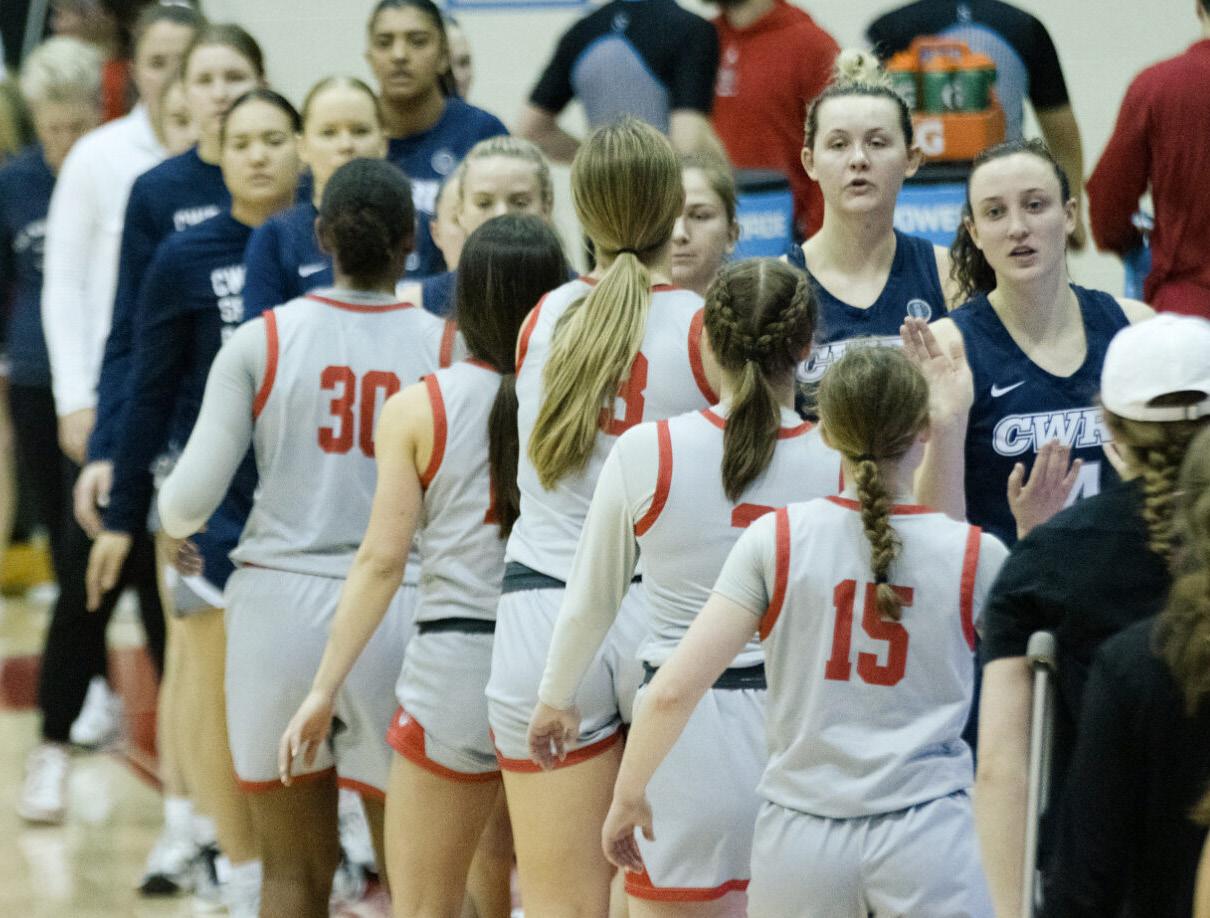
ResLife College Olympics.
She currently has her basketball gear in a box that she still doesn’t want to open. And others haven’t touched a basketball since, can’t bear to lace up their shoes and practice the drills that are still built into their muscle memory.
While women’s basketball might be an individual example of the challenges that players have gone through, it ultimately is a microcosm of the mental-health challenges facing athletes in Division III sports. WashU has recently added a mental-health resident to support all Varsity athletes for the 2023-24 academic year, and is one of a few DIII programs around the country with psychologist residents.
“I think this extends way beyond basketball,” Sophie said. “I know basketball is a perfect case study. But [...] every single team here has gone through some sort of extreme mental struggles at this point. Only the elite of the elite don’t struggle.”
Despite the emotional
impact of their time on the team, the former players definitely miss some elements of being part of the program. They miss being surrounded by teammates — “amazing, dynamic, and just funny people,” Liz described. They miss having basketball goals: seeing their name on an all-conference list or joking around with their teammates about it being “ring season.”
Having now moved on, the five women interviewed are split about whether, knowing what they know now, they would still have played basketball at WashU. “I don’t know if it was worth the mental and the physical trauma,” Virginia said.
“I think this is what’s so hard,” Sophie said. “I’m happy I had that experience because it made me learn such a hard lesson. In itself, that’s negative, but I’m happy because I learned really hard lessons — on what it means to work hard and the difference between happiness and fulfillment.”



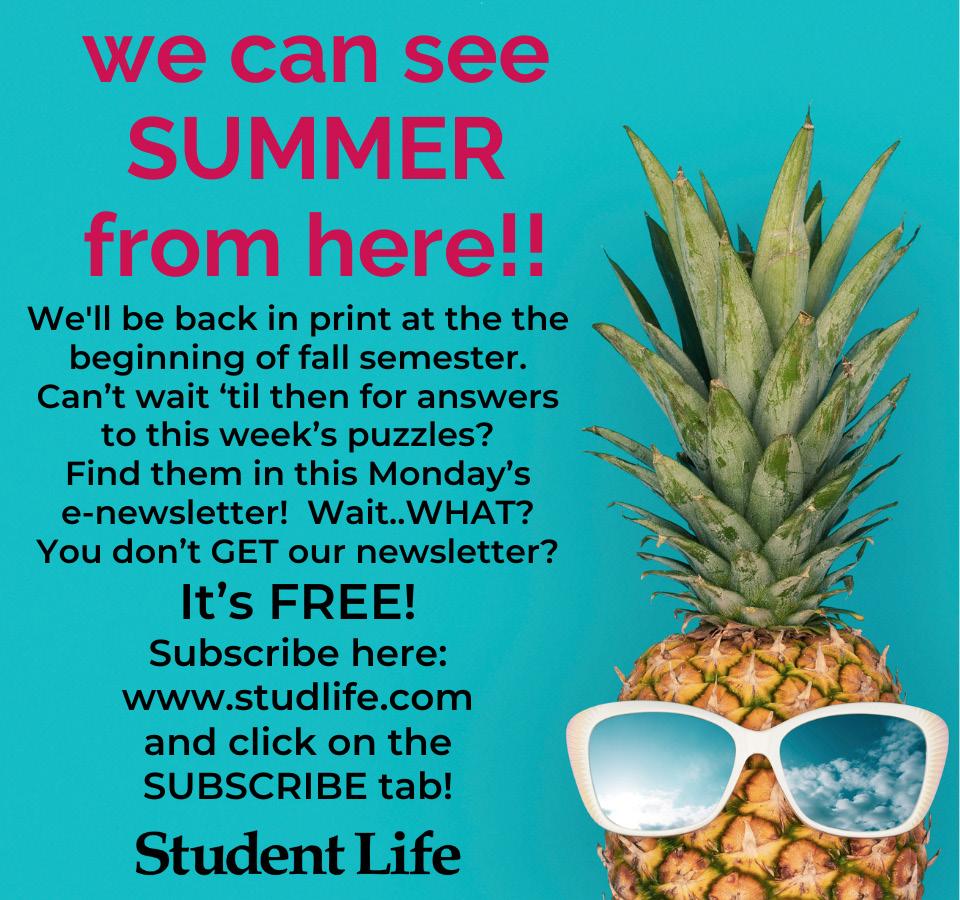
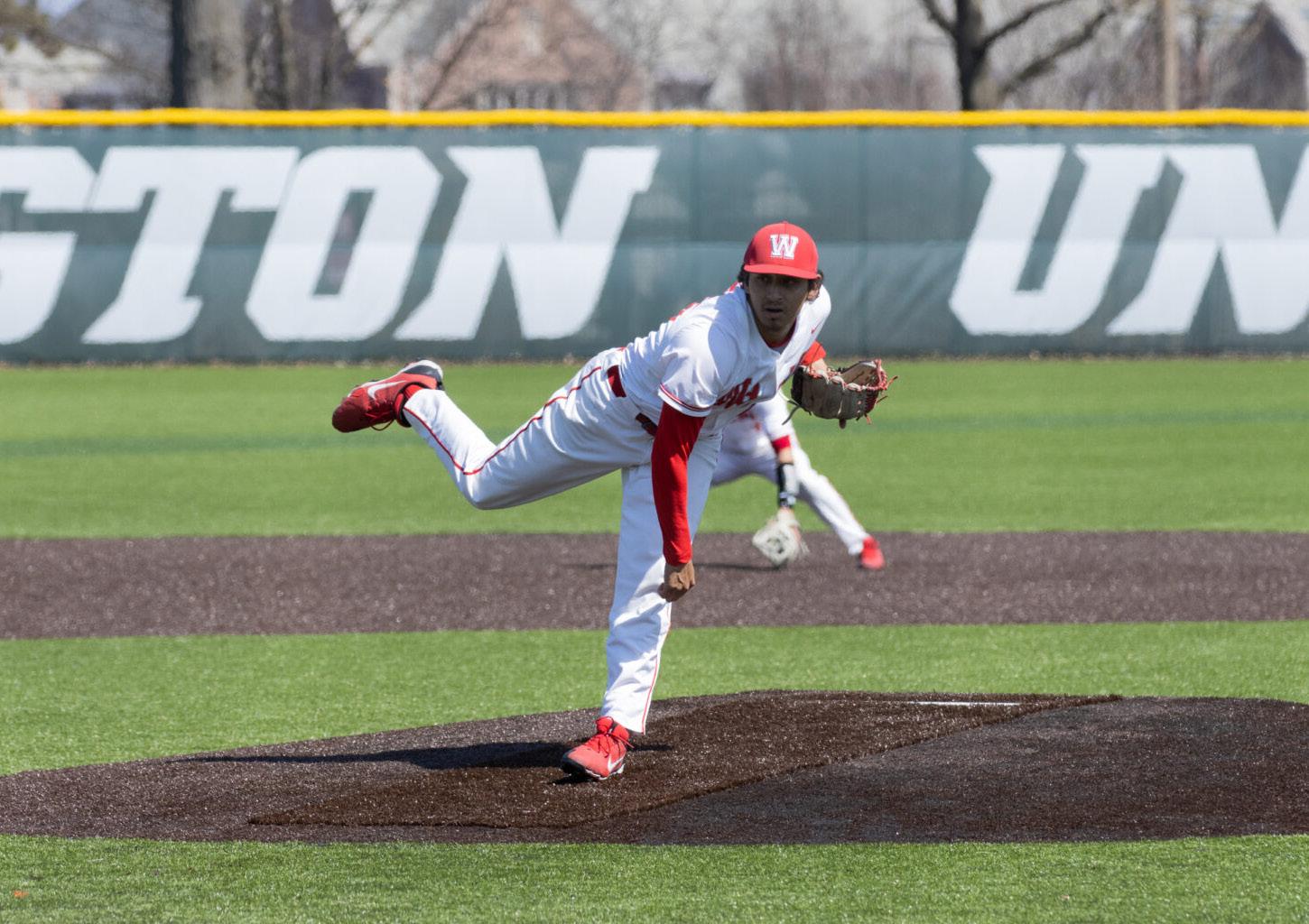
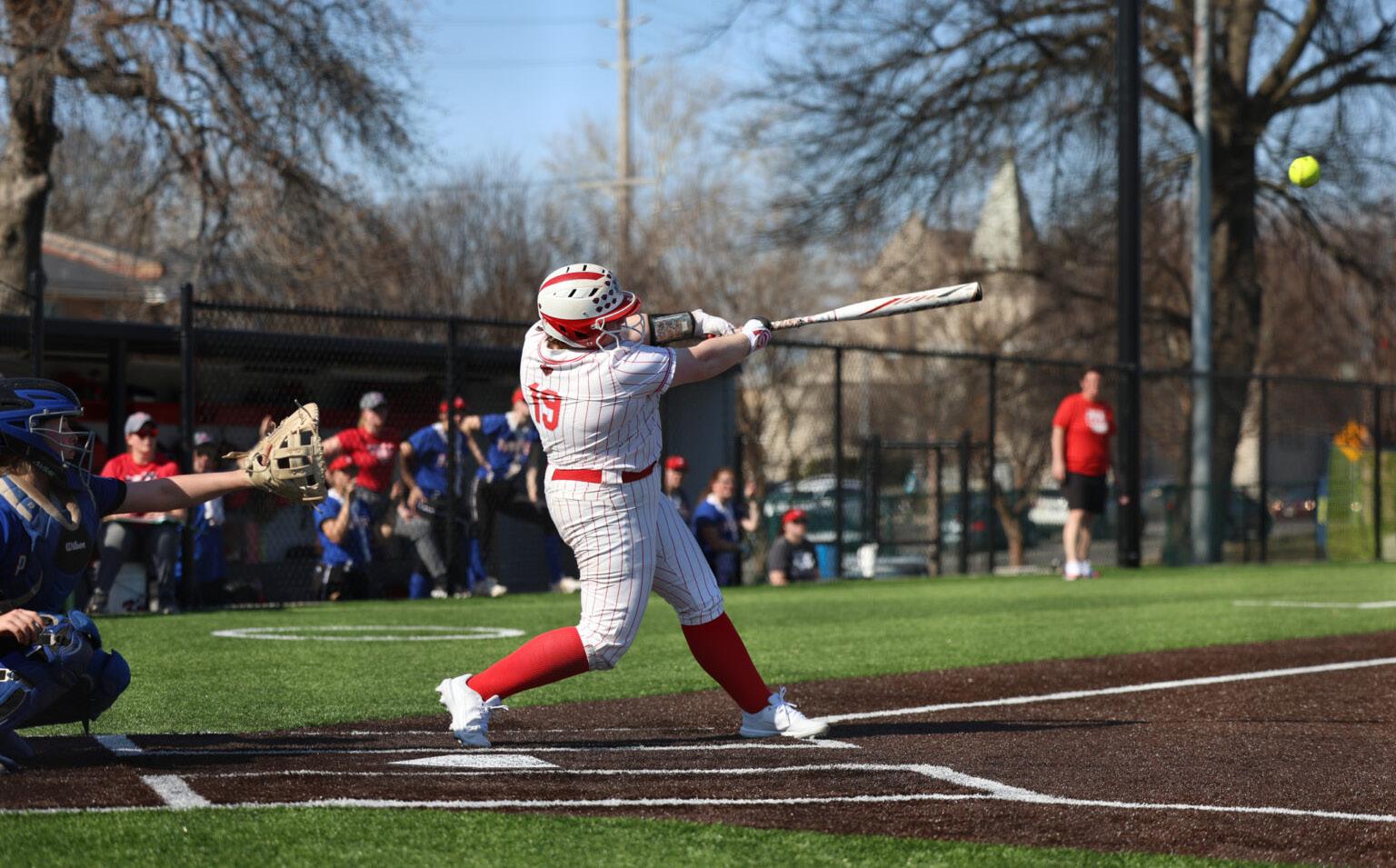
Playing away from Washington University presents a unique challenge for the student-athletes of the WashU Bears baseball team. Students miss classes, traveling is exhausting, and there are few — if any — Bears fans present to cheer the team on to victory.
While home-field advantage is one of the most basic principles of sporting superstition, the Bears buck the trend. Aside from a one-run loss in a midMarch tilt against Rhodes College, WashU has been a perfect 8-0 away from Kelly Field.
Baseball embraced their “road warrior” mentality this past weekend and swept a crucial four-game series against the last-place Brandeis University Judges from April 19-21. The sweep comes at a critical time of the season and bolsters WashU’s tournament resume with one weekend remaining in the regular season. The Bears move to a 23-12-1 record, setting up a critical matchup with No. 15 Case Western Reserve University from April 26-28 that will decide the University Athletic Association (UAA) conference championship.
WashU received muchneeded support from its pitching staff in the weekend series. Throughout the season, poor pitching has been the Achilles heel of an otherwise dominant Bears squad. So far in 2024 — even after a weekend where WashU was able to keep the Brandeis Bats relatively quiet — the Bears’ pitchers have a staff-earned run average of 6.09, which is the third-best mark in the five-team UAA.To make matters worse, the Bears were coming off of a series against Emory University where the pitching staff allowed a total of 48 runs to score in four losses. Against Brandeis, WashU allowed
just 11 runs across their four victories. On Friday, junior Sebastian Guzman tossed eight innings of onerun ball, allowing Brandeis’ hitters just three hits, and striking out seven Judges.
In the fourth inning of Friday’s game, senior infielder Jack Miller broke the scoreless tie with an RBI groundout. The next inning, senior Harry Mauterer broke the game open with a two-run double, before scoring on a single by senior Clayton Miller in the very next atbat. Brandeis scored in the bottom of the fifth, but Guzman held the Judges to just that run. Junior Brandon Buday stole home in the ninth to make it 5-1 for WashU, and junior Hank Weiss pitched a scoreless inning to close out a win for the Bears. WashU’s victory on Friday was their first win against a UAA opponent since March 30.
In the first half of a Saturday doubleheader, the Bears’ potent lineup was on display with an offensive breakout performance. In the first inning, first-year pitcher Anderson Gomez allowed a solo home run, but Buday tied the game with an RBI double in the top of the second. Gomez held the Judges to five more hits in the contest, and the Bears gave their pitcher the run support he deserved in the later innings. With two outs in the fifth, graduate student Evan Minarovic singled home Miller, and fellow graduate student Sam Polk brought Minarovic home in the next at-bat. After junior Justin Zachery singled, sophomore Connor Lindsey crushed his first collegiate home run — a three-run shot to break the game open. A four-run rally in the eighth inning, highlighted by an RBI double by first-year Anthony Equale, brought the game to an abrupt mercy-ruled 13-1 ending.
In the nightcap, junior
pitchers Will Henkel and Weiss kept Brandeis to just six hits. The Bears took advantage of Brandeis’ errors, scoring many of their runs on wild pitches and errant plays. In the fifth inning, first-year outfielder Carson Cleage hit his third home run of the season to give the Bears a 4-1 lead, and they would hold on for an 8-3 victory.
On Sunday, after taking an early 2-0 lead, WashU allowed a six-run Brandeis rally in the bottom of the sixth inning. Despite scoring the two early runs, the Bears had no answer to Brandeis’ pitcher, senior Sean Decker-Jacoby.
Decker-Jacoby struck out 13 Bears in his eight innings of work, but was pulled after throwing 125 pitches and allowing another WashU run to score. In the ninth, the Brandeis relievers walked three of the first four WashU batters to load the bases. Sophomore Shane Pellegrino then doubled, scoring two runs to make it a 6-5 Brandeis lead. The Judges walked Mauterer, and Miller doubled in the next atbat, scoring Equale and Pellegrino to give WashU the 7-6 lead. Buday capped off the thrilling ninth inning with a two-RBI single. Miller also threw 3.2 innings of scoreless relief on just 21 pitches, clinching the series sweep for WashU.
The Bears will face Case Western next weekend in an all-important final series of the conference season.
Considering WashU’s NCAA Tournament resume — series wins against the University of Chicago and New York University, but losses against No. 13 University of Wisconsin-La Crosse and Emory University — it is likely that WashU will have to win the series, and the conference, to make the tournament.
The Bears, at 7-4-1, are well off the Spartans’ 10-2 record, so they will need a series sweep to earn a conference championship.
On Sunday, April 21, Washington University junior Erin Reardon watched from the dugout as her teammate, junior Taylor Geluck, drove a high fly ball into center field. As the rest of the dugout watched with her, Reardon knew they were all thinking the same thing:
“Everyone just knew it was going out,” she said.
After seeing five of her teammates hit home runs already that day, Reardon was no stranger to what a long ball looked like off the bat. When the ball finally did land over the fence, the WashU softball team had tied the University Athletic Association (UAA) record for home runs in a single game.
“I don’t even know how to put the feeling into words,” Reardon added. “It was so exciting. It was almost like it wasn’t real.”
Geluck joined graduate student Payton Irwin, senior Ashley Kennedy, sophomore Sydney Schneider, and juniors Natalia Pilpil and Maggie Baumstark as the other WashU hitters to record home runs in the game, powering WashU to a 9-6 victory in the first game of Sunday’s doubleheader. The win was one of three that the Bears secured over the Carnegie Mellon University (CMU) Tartans across their two doubleheaders from April 20-21, leaving the Bears one game behind conference leaders Case Western Reserve University, with one week remaining in the regular season.
While the Bears’ bats broke out in the Sunday game, their success was far from guaranteed as the Tartans took the series opener in extra innings on Saturday. WashU held a 2-1 lead heading into the seventh inning before CMU tied the game down to their final out. WashU responded by putting up two runs in the eighth inning, but with the bases loaded in the bottom half of the frame, a Tartan single and an error by Baumstark in center field allowed all three runs
to score, giving CMU a 5-4 walk-off win.
WashU first-year Maria Brooks was tagged with the loss on the mound after working 7.1 innings and allowing five runs, four of them earned. Her 1.49 ERA this season still leads the UAA.
“Softball is one of those sports where, every once in a while, you do lose a game where you know you could have won, and you know you should have,” junior pitcher Jamie Burgasser said. “After that game, we came together and we talked, and we knew that we could beat this team and that we were going to [next game].”
In response to that message, the team came through with a win in the second game of the doubleheader. WashU played a back-and-forth game, leading 4-0 early before CMU tied the game in the fourth inning.
After the teams traded runs in the fifth inning, the Bears scored the final four runs of the game to win 9-5.
Reardon, Pilpil, and firstyear Elena Locascio all recorded multiple hits and RBI in the contest. On the mound, first-year Hattie Bond picked up the win after pitching three innings in relief of Burgasser.
WashU got out to another strong start in Sunday’s first game with four runs in the first inning, thanks to a pair of two-run home runs by Schneider and Irwin. All but one of WashU’s nine runs came through home runs in their record-tying performance.
Junior pitcher Jordan Rossi worked seven innings and allowed six runs.
In addition to the home runs, every starter in Sunday’s first game recorded at least one hit.
“It’s so reassuring when you hit to know that ‘If I don’t make it happen, I know the person behind me or the person after that will make it happen,’” Reardon, the Bears’ regular leadoff hitter, said.
“Not just starters — everyone, all 22 of us, have the ability to go up there and cause chaos.”
WashU kept the offensive momentum going in the series finale, this time scoring six runs
in the first inning. The team never looked back, scoring two more in the game to win 8-1 and close out the series victory.
Reardon went 2-3 with an RBI in the win, capping off a 7-14, three-RBI weekend.
Pilpil added a pair of hits and two RBI, going 8-13 with six RBI in the series. Sophomore catcher Alexa Hanish also added a two-run home run in the victory.
Burgasser made her second start of the series for the Bears and pitched a complete game, allowing only one run on five hits. With the win, her season record improves to 6-2 and her 1.84 ERA is third-best in the UAA.
“Every win this past weekend was a team win,” Burgasser said. “Our hitters were great, our pitchers were great. I just want to keep moving forward with our confidence and with almost a little bit of a chip on our shoulder.”
With the wins, WashU improves to 23-9 overall and 12-4 in conference play.
However, the Bears did fall one game back of Case Western for first place in the UAA after the Spartans, who the Bears beat in three out of four matchups earlier in the season, swept their weekend series.
The Bears will return to St. Louis and host the Emory University Eagles in their final home series from April 26-28 before the team closes out their season with two games against the University of Chicago. If the Bears perform well against Emory, and Case Western struggles in their upcoming series against Carnegie Mellon, WashU could walk away with their first UAA crown since 2017. However, the Bears aim to concentrate mostly on their own series this weekend.
“The best we can do is go out on the field and give it our all every time, and the standings are going to end up how they’re going to end up,” Reardon said. “We’re not just what our record was in conference in that we’ve built throughout the season a lot more than what the numbers can show.”
Washington University senior Jared Phillips has had an outstanding season, earning the nod as WashU’s top men’s tennis singles player this season. Since his first year, Phillips has been an avid member of the tennis team, competing for conference and national championships multiple times. Student Life sat down with the graduating senior to discuss his athletic career thus far, his future plans after graduating, and his overall history with the sport of
tennis.
Student Life (SL): Could you start by introducing yourself?
Jared Phillips (JP): Originally, I’m from Long Island, New York, and lived there my whole life. I have a younger sister who’s a freshman in college as well, and [I] grew up in a tennis family. My whole family has played tennis throughout my life, and I think that’s a pretty big influence on why I’ve chosen tennis. I also grew up playing a lot of other sports, which I think was really good for my tennis play. Overall, I wasn’t really forced into just playing tennis and going super hard on that as a young kid, which
was nice. Here at WashU, I’m an Accounting and Finance double-major minoring in Legal Studies.
SL: What are some of your favorite hobbies outside of academics and athletics?
JP: I would say [one of my biggest hobbies] is playing a lot of sports, really just basketball, soccer, and working out as well. I think a lot of my friends are pretty athletic. Sports take up a lot of my time. I also like to watch movies. I didn’t really watch movies a lot when I was young, like in high school — for whatever reason, I was more of a show watcher. So now, I’ve been watching a
lot of older movies, which passes a lot of my time pretty well. I also like music, listening to a lot of music. One of my friends plays guitar. I’ve never played an instrument but I love listening to my friend play guitar all the time.
SL: Could you talk about your history with tennis and how you first got involved with the sport?
JP: So, I would say honestly, one of my first memories as a kid was playing tennis. I live right next to an elementary school that has tennis courts, and my first memories are of being on the court with my dad and mom. My dad would
hand-feed me balls over the net, and I would swing and miss, and I would get all upset and annoyed, but I always enjoyed playing. My dad played in high school, and he’s from rural West Virginia, and he ended up getting to the state finals. He was inducted into his County Hall of Fame. So, he was a good tennis player in his own right. That had a big influence on me, especially as the rest of my family played.
SL: What inspired you to become a college athlete at WashU?
JP:I was really into sports, and I loved just competing, no matter what sport I really
played. And, you know, at some level, I always wanted to continue to play, and I felt a lot of pride, I think, in just being a college athlete regardless of the level. I can’t really imagine myself, as I’m graduating in a month, not having any sort of competitive structure in my life, and it’s gonna be kind of odd.
Read the rest online:

The rush begins bright and early in the week, as soon as the sour regret of the past weekend’s mistakes is replaced with anticipation for the next. All across campus, a stream of hundreds of notifications, all repeating the same scant and minimal sentence, formulated for maximum efficiency, fills screens. The messages ping in the back row of lectures, snake through the lunch rush Corner 17 line, and get swiped through during breaks between leg day sets at Sumers Recreation Center. The transactions are discreet and quick — as soon as a message is sent, a flood of responses arrive, and within minutes, identities are verified, and payments are sent off into the void of cyberspace, only to arrive back in the account of a peer, just a few buildings away, within seconds.
I am, of course, describing the ubiquitous “buying tn” and “selling” messages of “Party Tix,” a GroupMe chat currently 3,745 members strong. Made up of mostly Washington University students and the occasional essay bot pushing “revolutionary AI technology” for your next College Writing paper, the group chat facilitates the open exchange of tickets for any social event requiring them. The events range from sticky, sweaty club nights to black-box seats for cultural
shows put on by WashU student groups. Party Tix is even a marketplace for concert tickets, whether it be a lowkey Weyes Blood set at the Pageant or a VIP pass for Olivia Rodrigo in Chicago.
The chat originated in 2020 as a spin-off of a Class of 2024 GroupMe chat. Frustrated by the consistent rash of ticketing sale messages that clogged up the conversation, current senior Caelyn Walton-Macaulay took matters into her own hands by creating a separate chat specifically for ticket sales. Walton shared the link to the main group chat, directing the merchants and patrons of these events into their new pasture, quarantining the ticket sales to its own forum. Thus, “Party Tix” was born. Walton-Macaulay didn’t stick around to see the results though.
“I made it, and then I gave ownership to the first person that joined. I was like, ‘You’re the captain now.’ I left,” she said.
Uninterested in the events being advertised, WaltonMacaulay initially created the chat for pure utility and the peace of mind of fewer notifications. Still, the influence of the group bloomed into something unexpected. As more and more members joined, with friends adding friends, “Party Tix” established its presence as a cornerstone of the WashU social scene.
“Even if you’re not in the chat — and I wasn’t for two years — I still heard about the things going on in it. Word gets around, and I guess people really like talking about people selling tickets,” WaltonMacaulay said.
Eventually, WaltonMacaulay was tempted to rejoin the chat. Coincidentally, she’d become friends with the person she’d originally passed the chat along to and asked for administrative power back. Ever since, she’s been an observer of the unique culture she inadvertently helped establish at the beginning of her college career.
Senior Nirvan Patel Masini gained his administrative powers in a similar fashion to Walton. Irritated by spam, Patel Masini reached out to a group admin to ask to be booted out. Instead, the admin granted him the power to do so, and he’s held the position ever since.
Despite being relatively unmoderated, the chat has naturally developed its own culture. The typical buying and selling messages are sent out, offers are received, and details are hashed out in private messaging. The procedure is typically as follows: verify the other party’s identity with a quick Instagram stalk, and commence with the exchange. If scammed, expose them in the main chat and get them booted out.
“Party Tix” is really just
one of many online spaces that connect the diverse WashU population. Another popular chat, “Free Food WashU,” diligently reports every instance of leftover food available on campus, from donuts at a Bauer breakfast to even (in a slightly bizarre and highly public exchange) individual students making too much stir-fry and looking to share their dinner. Other GroupMe chats exist to sell meal points, organize airport rideshares, or find sublets. By extension, even platforms like the class Snapchat story, Sidechat, or even your dormfloor Teams chat bring together students in a virtual, schoolwide space.
That said, the semianonymity of these virtual chats within a limited student population can lead to strange situations when they collide with real life. During sorority rush, I DMed an associated organizer (someone I was supposed to be putting my most poised, professional, and pleasant persona on for) through GroupMe to ask a very serious logistical question. My properly capitalized, complete-sentenced request accented with real punctuation and even a paragraph break (what was this, an email?) was all for naught, though.
Because right above my miniature memo was a DM I’d sent months ago, a truly ghastly recording of the spunout pleas of a desperate girl at
11 p.m. on a Friday night, fully glammed up and shivering outside for an Uber that kept taking a wrong turn, yet still desperately trying to buy a ticket to the event, even while en route.
“how much” I began, a succinct opener (you’re more than welcome to use that in your next Tinder conversation — just don’t credit me).
Three minutes later, I circled back around with a “30?” With still no response, I upped the ante with a “can u 40.” Classy.
Maybe I’m just a crazy economics major who has spent more time with demand and supply curves than real people in the past few weeks, but the unregulated dynamics of the open ticket market that have developed at WashU are fascinating to me. I have friends who buy extra event tickets if they can snag them early for the express purpose of reselling on “Party Tix.” On popular nights, the group buzzes with constant asks and offers, sometimes driving prices up to exorbitant amounts. On one particularly memorable Thursday, I spent the entire day seeking a ticket, only to be told by sellers that they really did have another buyer offering $50, $60, $80, a $100 for the ticket, and could I outbid them? On other days, supply far exceeds demand, and ticket holders are forced to bump their messages repeatedly in hopes of more engagement.
As with any gathering of
thousands of strangers, the occasional conflicts are to be expected. In the past year, the group has been briefly used for frenzied political debates, student campaigns, and housing advertisements. Briefly is the key term here. These groups have simple, labeled-onthe-tin purposes, and messages diverging from said subject are usually quickly dismissed with a dogpile of snarky responses — though “Party Tix” appears to have become more lax in the hangover stage of the semester. The members of these groups take adherence to the etiquette with merciless intensity; just this March, a Student Union candidate who sent a campaigning message into the “Free Food WashU” chat found their missive roundly rejected by dozens of furious responses. The candidate was later disqualified from the race for improper use of the platform in campaigning.
As one incensed observer summarized, “BE QUIET.
POST FREE FOOD OR DON’T SAY ANYTHING.”
Similarly, the “Party Tix” chat description simply reads, “Selling Melt, dont [sic] scam!!” Although sometimes the virtual world of the chat gets too close (or real) for comfort, the unregulated transactions taking place between essentially strangers require a degree of trust in the other party.

In a world of rising individualism, in which we are increasingly encouraged to find individual solutions to our minor problems, these groups provide a space for students to find others with a matching double coincidence of wants (yeah, I took Intro to Macroeconomics). Why buy new furniture when you could get it from an overwhelmed graduating senior who desperately wants it out of their life?
Instead of shouldering an entire $80 Lambert Airport to South 40 Uber ride, split it with the other people (easily identifiable by their WashUbranded airport attire) headed in the same direction. And why spend your meal points when you could snag some excess free food that would be going to waste otherwise? In times of need, these group chats allow people to turn to their communities for help. Of course, these groups require a certain knowledge of their very existence — and a friend willing to add you in. Still, they are able to connect disparate crowds of WashU students for the same purpose. The events promoted in “Party Tix” are limited, but Patel Masini argues the chat actually facilitates a more equitable environment for weekend activities, mostly hosted
by Pyramid Promotions, a local event organizer. If you have the funds (and the legal accreditation) for it, you can get into any Pyramid event with no frantic “I-thoughtyou-got-me-on-the-list” phone calls required at the door.
“It’s something to do. Greek life is very exclusive. You have to have friends in Greek life to be a part of that. And house parties [depend on] if you can find your scene. But I thought Pyramid [Promotions] offered something that everybody can access,” he said, making air quotes with his fingers.
“It’s still not a very equitable thing, but it does offer wider access.”
Reflecting on her first-year experience, WaltonMacaulay says online forms of connection played an outsized role in facilitating socialization. The large class group chat allowed students to be kept up to date on school affairs and platformed discussion.
“We were [the] COVID class. Our first year was 2020. So it was just a way for us to be a little bit more in communication with each other,” she said.
Throughout his four years at WashU, Patel Masini has experienced a personal shift in his social life, moving from
late nights spent out to more subdued functions.
“If you find your community, you’ll always have something to do. People at WashU are generally very friendly [for] the most part. If you want parties, you can party. If you want to hang out with friends, you have things to do with friends. But then, the ‘going out’ scene, at a certain point, gets too much. Maybe I’m just getting old. I’ve had a great four years [and] enjoyed my time here,” he said.
Cliche as it is, we are truly growing apart from each other, stuck in isolationinducing technology. Within our limited virtual bubbles, we grow disconnected from our communities and identify more as individuals. But united in such chats under a singular purpose, these groups reflect that fundamentally, the WashU community is able to engage in mutually beneficial exchange. For a moment, two disparate individuals unify forces to work toward a common goal, whether it be a good time, cheap or free stuff, or just a sense of community.
But maybe I’m just pontificating about a group chat that’s used to sell cheap club tickets. Anyone selling Dos Thursday?
sleep, and neurodegenerationVIA POOLOS STAFF WRITER
A Washington University neurology lab is working to understand how the brain works with our natural sleep-wake patterns — and what that could mean for progression and prevention of disease.
As hundreds of researchers across the country work to find cures for common neurodegenerative conditions, such as Alzheimers, scientists at WashU are joining in the fight.
Dr. Erik Musiek’s lab, for example, is studying how the brain adapts to circadian rhythms, which is our body’s process of adapting to night and day.
“Almost all of our bodily functions have some rhythm to be in tune with [the] 24-hour turning of the earth,” Musiek said.
In particular, Musiek’s lab has studied a variety of what they call “clock control genes,” which are genes that are assumed to be controlled by “the clock,” or the body’s circadian rhythm. One such gene, Chi3l1, seems
to be especially important in processes of disease and neurodegeneration.
Musiek said that the discovery of the Chi3l1 gene was almost accidental — and illustrated “the beauty of being at WashU.”
At the time, Musiek’s lab was disrupting the mechanics of the circadian rhythm in rodent models, and the Chi3l1 gene kept popping up.
Dr. David Holtzman, an esteemed Alzheimer’s researcher and Musiek’s mentor, published a paper well over a decade prior looking at the biomarkers of Alzheimer’s patients. Among other things, they found elevated levels of a protein called YKL40 in the spinal fluid of Alzheimer’s patients — a result replicated by many other labs since then. The gene that encoded that protein? Chi3l1.
“It took me a little while to put those two things together,” Musiek said. “We probably should have known right away, but sometimes the genes and the proteins have different names.”
Musiek then found that if they deleted Chi3l
WILD is just around the corner, and we are all super excited. Ahead of the big event, I wanted to clarify some concert norms and guidelines. As someone who goes to a lot of concerts, I have seen it all: pushing and shoving, hundred-person mosh pits, and more. Yet, out of the many concerts I have been to, WashU students at WILD might have some of the worst concert etiquette of all, leading to rough, disjointed, and sometimes even troubling experiences.
We should be enjoying the camaraderie of friends, great live music, and a few illicit substances that we may or may not have ingested in our apartment before the walk to campus, not preparing for battle. I want to preface this by saying it’s not their fault. For many, if not most, WashU students, WILD is the only concert they go to all year, so they have not been exposed to proper concert etiquette. Let’s begin with spacing, which may be the biggest problem I have seen at WILD. Try to leave around 3-4 inches, or about half the distance from your shoulder
to your elbow, between you and your neighbor. Use this as an equilibrium position, which will allow you to see over the heads of the people in front of you and will give you and your neighbor (some) breathing room. If you are not in the spot you want to be in, pushing the crowd forward does not fix this problem; it will only exacerbate it. The more squished you are, the harder it will be to see the performing artist. You can, of course, jump and dance — this will impede on your neighbor’s space, and this is okay and expected. However, when you are done, revert
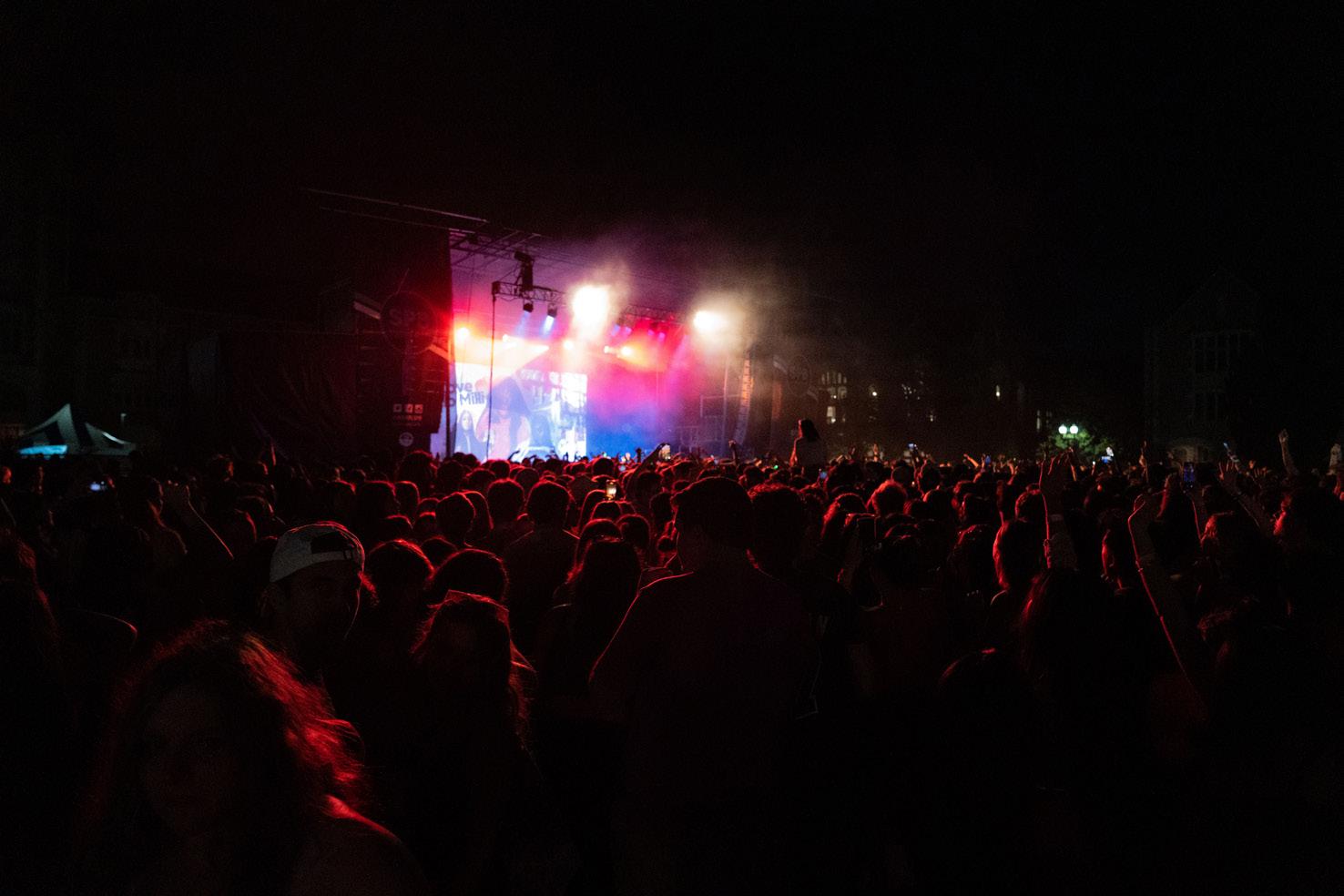
back to your equilibrium. This extra space will allow you the freedom to enjoy the concert, as opposed to constantly pushing off people who encroach too much into your personal space.
Saving spots for friends is a gray area. While this is acceptable at most concerts I have observed, the WILD audience often takes this to a new, unacceptable level. One person cannot save a spot for their group of five or more friends. Nor can one friend group of six save a spot for their other friend group of eight. A group of, let’s say, four people can save a spot for a friend who has to come late. But when you do save a spot, make sure to save extra room for the person who is coming. Have a wider stance and tell your neighbors you are saving a spot for someone who is coming. However, if the headliner is already substantially into their set and your friend still has not arrived, that spot is gone. Just because you can technically fit a human in that quarterof-an-inch of space, that doesn’t mean you should. Be mindful about and caring of the people around you. This is the most important thing. We all know each other and see each other, so please be considerate to the people around you.
Along those lines, wear deodorant — a lot of it.
You will be sweaty and smelly, but if we all put on deodorant, it will be much more bearable. Regarding moshing and dancing, I am all for it. However, if you do mosh, clear a pit, then jump around; everyone will be a bit more squished for a song. But then stop, close the pit, and revert back to equilibrium. If someone falls down, pick them up. If someone loses something, like their glasses, pick them up, hold them in the air and yell, “Did someone lose their glasses?” (This happened to me at a Turnstile show, and a
— a clock-controlled gene — in rodent models, they developed less amyloid plaque in their brains, protecting them against Alzheimer’s pathology.
Dr. Holtzman’s lab was one of a few containing WashU scientists to link sleep disruption and Alzheimer’s disease progression. Now, a couple of other WashU researchers, such as Dr. Brendan Lucey and Dr. Yo-El Ju, are diving deeper into the mechanics of sleep and neurodegeneration.
Musiek is attacking another, related question — how does circadian rhythm regulate neurodegeneration?
“Sleep” and “circadian rhythm” are terms people tend to think of as interchangeable, but they aren’t necessarily the same thing.
Read the rest online:
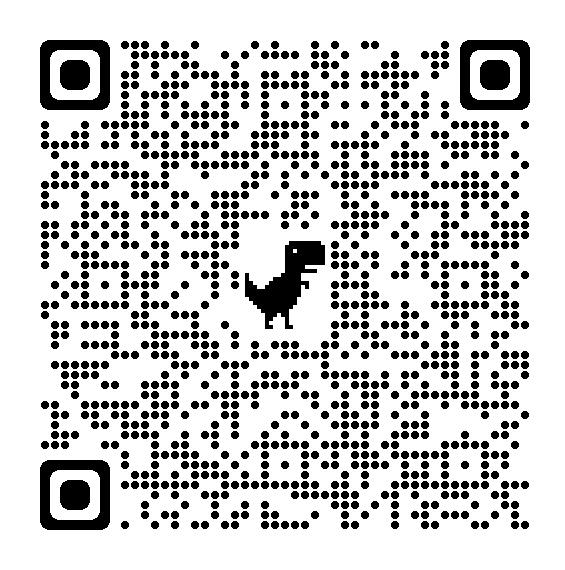
kind soul saved my glasses.)
Once the headliner starts, be prepared to stay for the whole time. If you leave, even to go to the bathroom, expect that your spot will be taken. Do not get annoyed, push people out of the way, or sneak under them to try and find your friends back in the front.
Read the rest online:




